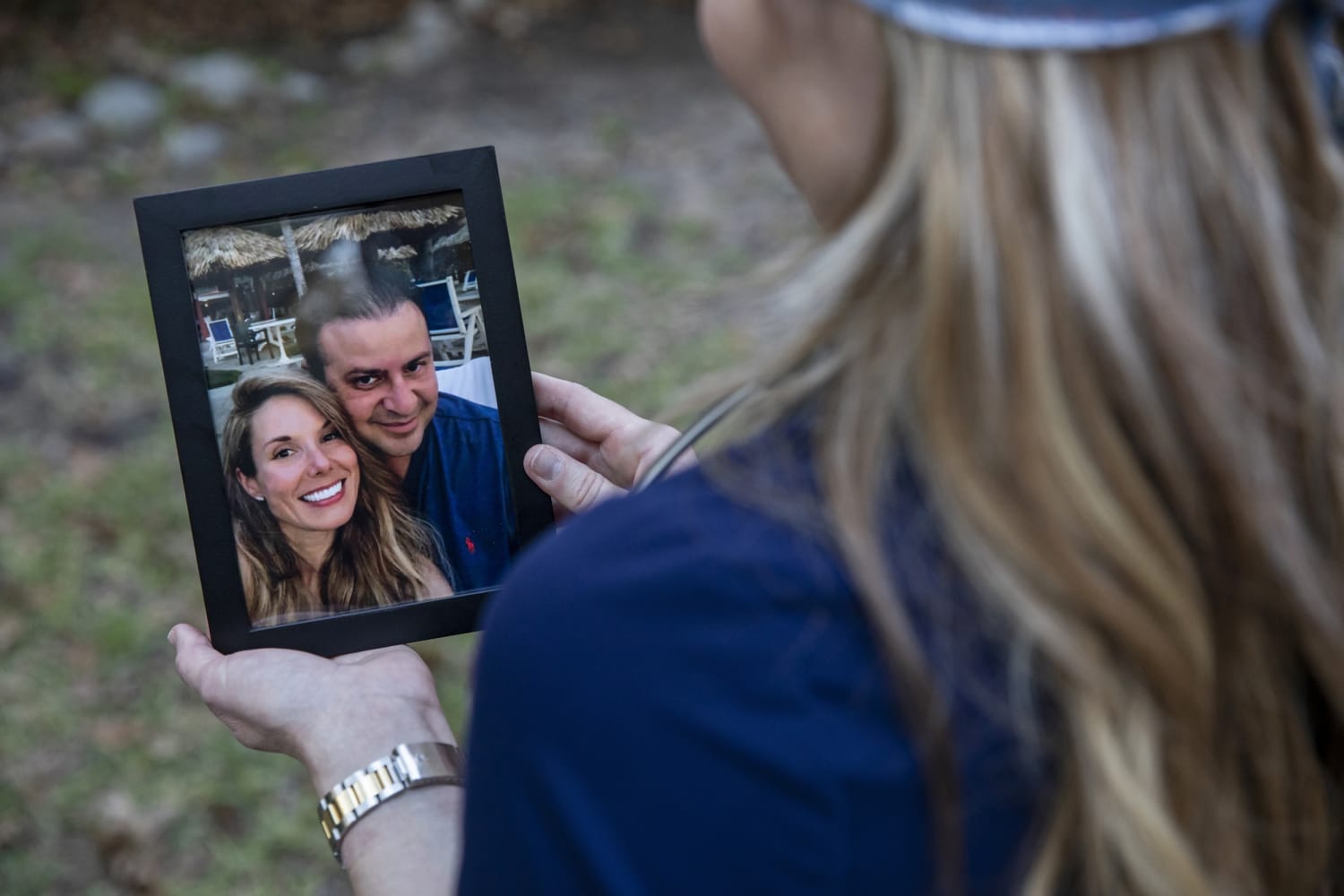
# **A Stroke, A Husband’s Devotion, and the Strength of Compassion in Healthcare**
A 90-year-old man was recently admitted to our ward under the care of a neurologist. He had experienced an **ischemic stroke**, resulting in **weakness in his left arm, slurred speech, and some memory loss**. In spite of these difficulties, he remained mobile and resolute about returning home.
This gentleman had been living independently with his wife for the last 20 years. Their children, all residing abroad, hurried home upon learning of their father’s sudden health issue. However, he was resistant to acknowledging his situation and **stubbornly declined hospital admission**. His frustration and irritability were evident—he longed to regain control of his life and return to his former active routine.
## **The Battle to Accept Treatment**
Every day, his urge to leave was clear. At least two to three times each day, he would rise from bed, don his cap and waistcoat, pick up his cane, and declare his intent to leave:
**“Acha jee feir salam-alikum, main chaleya hun”** _(“Alright, I am leaving now.”)_
One afternoon, he dressed as though ready to depart and started toward the ward’s exit. A nurse quickly stopped him, but his reaction exposed his increasing desperation:
**“Nai tey puttar main fer nass jana”** _(“Otherwise, I’ll escape without telling anyone.”)_
## **The Difficulty of Medical Care**
Since his uvula was deviated and his gag reflex was weak, he needed **feeding through a nasogastric tube**. Nonetheless, he flatly refused the procedure, despite thorough counseling by the consultant and medical personnel. His opposition to treatment posed a challenge for his team—balancing his autonomy with the necessity of ensuring proper health outcomes.
## **A Husband’s Steadfast Affection**
One evening, during his **neurological examination**, the neurologist offered a handshake to bid farewell. However, the patient **would not let go of his hand**, making an earnest appeal:
**“Doctor saab, menu nai, meri buddhi nu faalij hoya hai.”** _(“Doctor, it’s not me who had a stroke—it’s my wife.”)_
Initially, it was assumed that this was another result of his fluctuating mental state. His children stood by his bedside, recognizing that their father was not entirely lucid. Yet, the persistent concern in his tone drew the neurologist’s attention.
In an attempt to comfort him, the neurologist agreed to check on his wife. She was a frail woman in **her late 80s**, sitting beside him with a gentle smile on her wrinkled face—a smile that showcased **toothless gums** but an unmistakable warmth.
As the neurologist shook her hand, he **observed a notable tremor**. This simple expression of compassion led to a **comprehensive neurological evaluation**, where he found she had **balance problems and mild cognitive deficit**. To alleviate her husband’s anxiety, the neurologist arranged for further assessments, taking into account **previous strokes, multiple sclerosis, and hyperthyroidism** as possible origins.
## **A Love That Surpasses Illness**
Despite his **own significant health challenges**, this elderly man’s primary worry was **the well-being of his wife**. Even amid **memory issues and cognitive decline**, his affection for her remained deeply ingrained. This selfless act **touched the entire medical team**.
In contemporary medicine, we often emphasize **treatment, prognosis, and guidelines**, yet moments like these serve to remind us that **humanity lies at the core of healthcare**. The devotion and warmth this man exhibited for his wife illustrate a **profound testament to love’s resilience**, even in the face of illness.
💙 **May he experience a swift recovery, and may their love continue to sustain them in sickness and in health.** 💙
—
**By Dr. Damane Zehra, Radiation Oncology Resident, Pakistan**